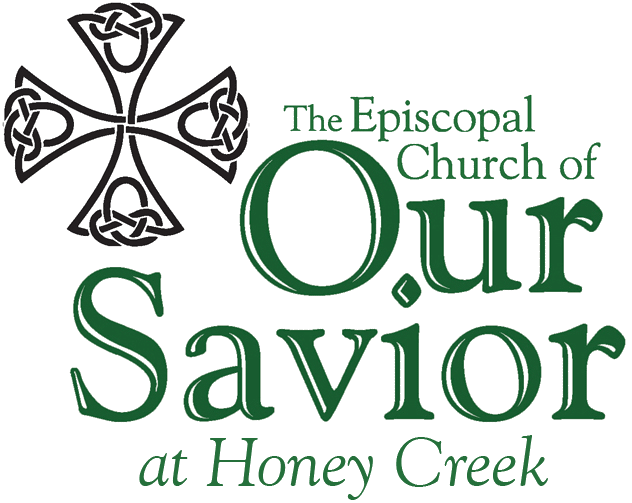Here is what one of my old textbooks says about it:
From the earliest times, the Eucharist has been a public and not a private affair, the assembly of the people of God and not the private devotion of a series of individuals. In the epistle to the Hebrews (10.25), Christians are warned not to 'forsake the assembling of (themselves) together'. The account of the Eucharist at Corinth (1 Cor. 11.17ff) clearly envisages a corporate act of the local church. . . .
The early church Fathers [the generation of leaders after the Apostles] encouraged Christians to assemble more frequently to 'give thanks.' . . . For many of the Fathers, the eucharistic assembly is thus an image of the Church, the people of God assembled with their Head [Jesus] both receiving and awaiting their final redemption. Hence it is but natural that disunity among Christians (the formation of parties or sects) should have as one of its first signs the establishment of a separate altar with a separate bishop and that the reunion of Christians after schism (or with due penance performed after lapsing) should be symbolized by the invitation to share in one another's Eucharist or, in the case of the penitents, to return to the sacraments.
The Study of Liturgy, page 246.
At the Episcopal Church of Our Savior at Honey Creek, we will highly value our worship experience together. We will start with Wednesday night Eucharists (Communion) and continue the Wednesday night services when we begin Sunday services a few weeks hence.
In peace,
Linda+
The Rev. Linda McCloud
Founding Pastor
The Episcopal Church of Our Savior at Honey Creek
http://www.oursaviorhoneycreek.org/
http://oursaviorhoneycreek.blogspot.com/




2 comments:
My favorite communion quote “The Shape of the Liturgy” by Dom Gregory Dix. The book is a 768-page academic text on communion. As he closes the book, the monk Dix waxed poetic writing:
At the heart of it all is the Eucharistic action, a thing of an absolute simplicity—the taking, blessing, breaking and giving of bread and the taking, blessing and giving of a cup of wine and water, as they were first done with their new meaning by a young Jew before and after supper with His friends on the night before he died. . . .He had told his friends to do this henceforward with the new meaning “for the [remembrance] of Him,” and they have done it always since.
Was ever another command so obeyed? For century after century, spreading slowly to every continent and country and among every race on earth, this action has been done, in every conceivable human circumstance, for every human need from infancy and before it to extreme old age and after it, from the pinnacles of earthly greatness to the refuge of fugitives in the caves and dens of the earth. Men have found no better thing than this to do for kings at their crowning and for criminals going to the scaffold; for armies in triumph or for a bride and bridegroom in a little country church; for the proclamation of a dogma or for a good crop of wheat; for the wisdom of the Parliament of a mighty nation or for a sick old woman afraid to die; for a schoolboy sitting an examination or for Columbus setting out to discover America; for a famine of whole provinces or for the soul of a dead lover; in thankfulness because my father did not die of pneumonia; for a village headman much tempted to return to fetish because the yams had failed; because the Turk was at the gates of Vienna; for the repentance of Margaret; for the settlement of a strike; for a son for a barren women; for Captain so-and-so, wounded and prisoner of war; while lions roared in the nearby amphitheatre; on the beach at Dunkirk; while the hiss of scythes in the thick June grass came faintly through the windows of the church; tremulously, by an old monk on the fiftieth anniversary of his vows; furtively, by an exiled bishop who had hewn timber all day in a prison camp near Murmansk; gorgeously, for the canonization of Saint Joan of Arc—one could fill many pages with the reasons why men have done this, and not tell a hundredth part of them. And best of all, week by week and month by month, on a hundred thousand successive Sundays, faithfully, unfailingly, across all the parishes of christendom, the pastors have done this just to make the plebs sancti Dei—the holy common people of God.
Just stopping by to say hello! This is a very detailed and well prepared blog.
Post a Comment